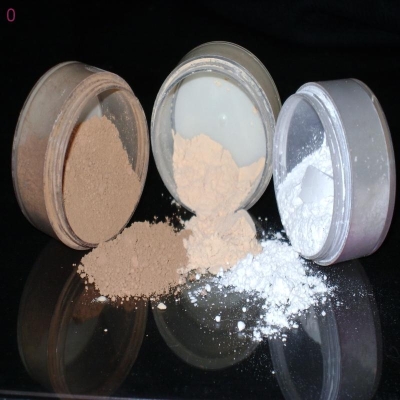-
Categories
-
Pharmaceutical Intermediates
-
Active Pharmaceutical Ingredients
-
Food Additives
- Industrial Coatings
- Agrochemicals
- Dyes and Pigments
- Surfactant
- Flavors and Fragrances
- Chemical Reagents
- Catalyst and Auxiliary
- Natural Products
- Inorganic Chemistry
-
Organic Chemistry
-
Biochemical Engineering
- Analytical Chemistry
- Cosmetic Ingredient
-
Pharmaceutical Intermediates
Promotion
ECHEMI Mall
Wholesale
Weekly Price
Exhibition
News
-
Trade Service
On September 8th, Dr. Sun Dawen of South China University of Technology published an online article, "DNA functionalized metal and metal oxide nanoparticles: principles and recent advances in food safety products", published online in the international top journal in the field of food, "The latest advances in food safety detection based on DNA and metal and metal oxide nanoparticles." Sun Dawen of South China University of Technology is the only communication author of this paper.
This review first discusses the strategy of DNA assembly of metal and metal oxide nanoparticles, including co-price bonding, electrostectric adsorption, nanoclub growth and secondary structure, and then introduces in detail the principles and application examples of DNA-based functional nanoparticle sensors in food pollutant detection, and summarizes the limitations and future trends of DNA- and nanoparticle-based nanosensors in food detection.
Due to the presence of proteins, ions, enzymes and other interfering substances, coupled with food samples usually contain a variety of interference components and contaminants, the stability of nanosensors in real-world samples still needs to be studied, the development of complex samples with higher tolerance and resistance to nanosensors, so that it can be widely used in real-time detection and multiple detection. In addition, the specificity, affinity and other bio-chemical properties of different DNA sensors used in the laboratory to detect the same target object may vary, and some nanostructure design schemes may not be suitable for other DNA-functional nanoparticles and targets, which poses considerable challenges to the commercialization of nanosensors.
Communication Author
Professor Da-Wen Sun, Director of the Center for Modern Food Engineering, South China University of Technology, Fellow of the European Academy of Sciences (European Academy of Humanities and Natural Sciences), Fellow of the Royal Irish Academy of Sciences, Foreign Fellow of the Polish Academy of Sciences (Polska Akademia Nauk), Fellow of the International Academy of Food Sciences (IAFOST), Fellow of the International Academy of Agricultural and Biological Systems Engineering (iAABE), Fellow of the International Academy of Refrigeration Sciences. The main research focus on food quality and safety rapid detection, food frozen cold chain and food new physical processing. For the fifth consecutive year from 2015 to 2019, he was awarded the title of "Highly Cited Scientist" (SCI H Index - 102, SCOPUS H Index - 106, Google Scholar H Index - 120). Won the first prize of the 2014 Guangdong Science and Technology Award, the second prize of the 2016 Ministry of Education Science and Technology Progress Award, the first prize of the 2018 China Light Industry Federation Science and Technology Progress Award, and the first prize of the 2018 Guangdong Science and Technology Progress Award.
the article "DNA functionalized metal and metal nanoparticles: principles and recent advances in food safety detection" was published online in September 2020 by Critical Reviews in Food Science and Nutrition.
click here
to view the original text.







